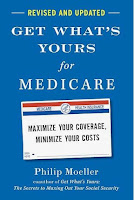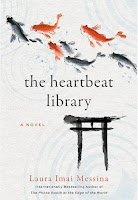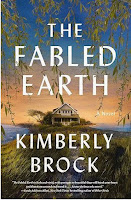SOCIAL SECURITY 101 by Michele Cagan and Alfred Mill is the second edition of this self-proclaimed “Essential Primer on Government Retirement Aid.” Cagan is a CPA who writes often about finance investing and accounting and Mill has crafted several texts on finance and economics in this 101 series. They begin with some historical background and basics (e.g., getting a social security card; defining full retirement age). The next section looks at benefits – for individuals, children with disabilities, spouses and so forth. Later, timing of benefits is discussed as well as related issues about Medicare and retirement planning. Cagan and Mill offer numerous examples with specific amounts to help illustrate their points. This relatively short (240 pages) text provides an accessible overview and may serve as helpful prep before heading off to the Social Security office to review your own circumstances, an action highly recommended by the accountants, lawyers, and other advisors with whom I have consulted on this subject. Good luck getting an appointment, though; at latest check the wait was over 6 weeks.
GET WHAT'S YOURS FOR MEDICARE by Philip Moeller is subtitled “Maximize Your Coverage, Minimize Your Costs.” And although this is a revised and updated edition, it would still be difficult to cover this complex topic adequately in an up-to-date manner in a book. Better to consider this text as a very useful guide and to then turn to advisors who work regularly in this area. Granted, those individuals will tend to push people towards Advantage plans, but they can more thoroughly investigate individual situations and changing offerings. Also, get an idea yourself by using some of the online tools (e.g., comparing plans) available through Medicare.gov. Still, “boots on the ground” are quite helpful, be it friends and peers conducting their own investigations or nursing homes helping to publicize innovative, helpful plans for their residents. Moeller is a recognized authority in this area and has collaborated in the past with PBS NewsHour economics correspondent Paul Solman.
Moeller recently was interviewed on Morningstar's Long View, a podcast co-hosed by Christine Benz who in turn has written a recent book titled How to Retire: 20 Lessons for a Happy, Successful, and Wealthy Retirement. She has a companion How to Retire podcast on morningstar.







